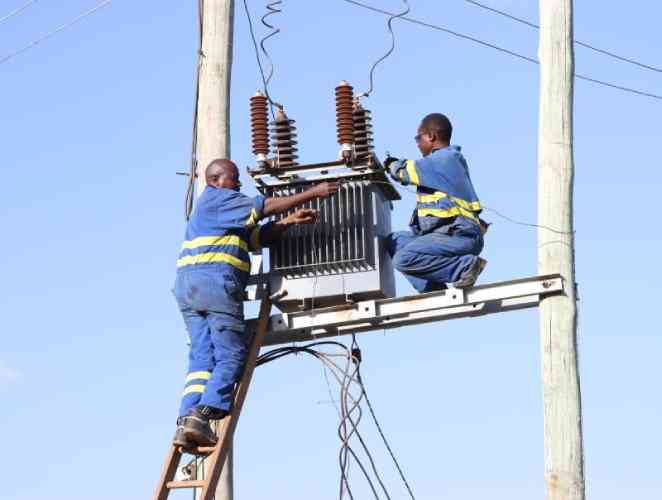×
The Standard e-Paper
Join Thousands Daily

Kenya Power has distanced itself from reports alleging that it has been overcharging its consumers.
This comes a day after Business Daily newspaper published an article echoing Auditor-General Nancy Gathungu.